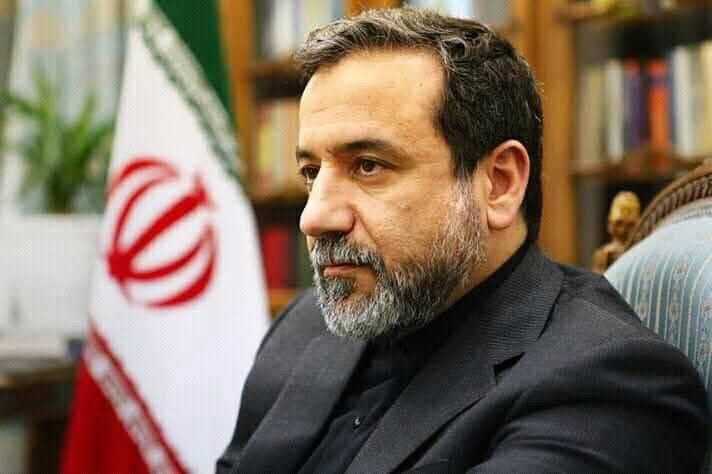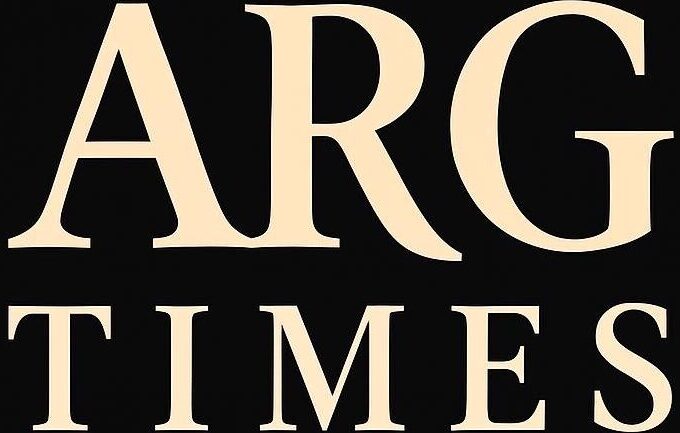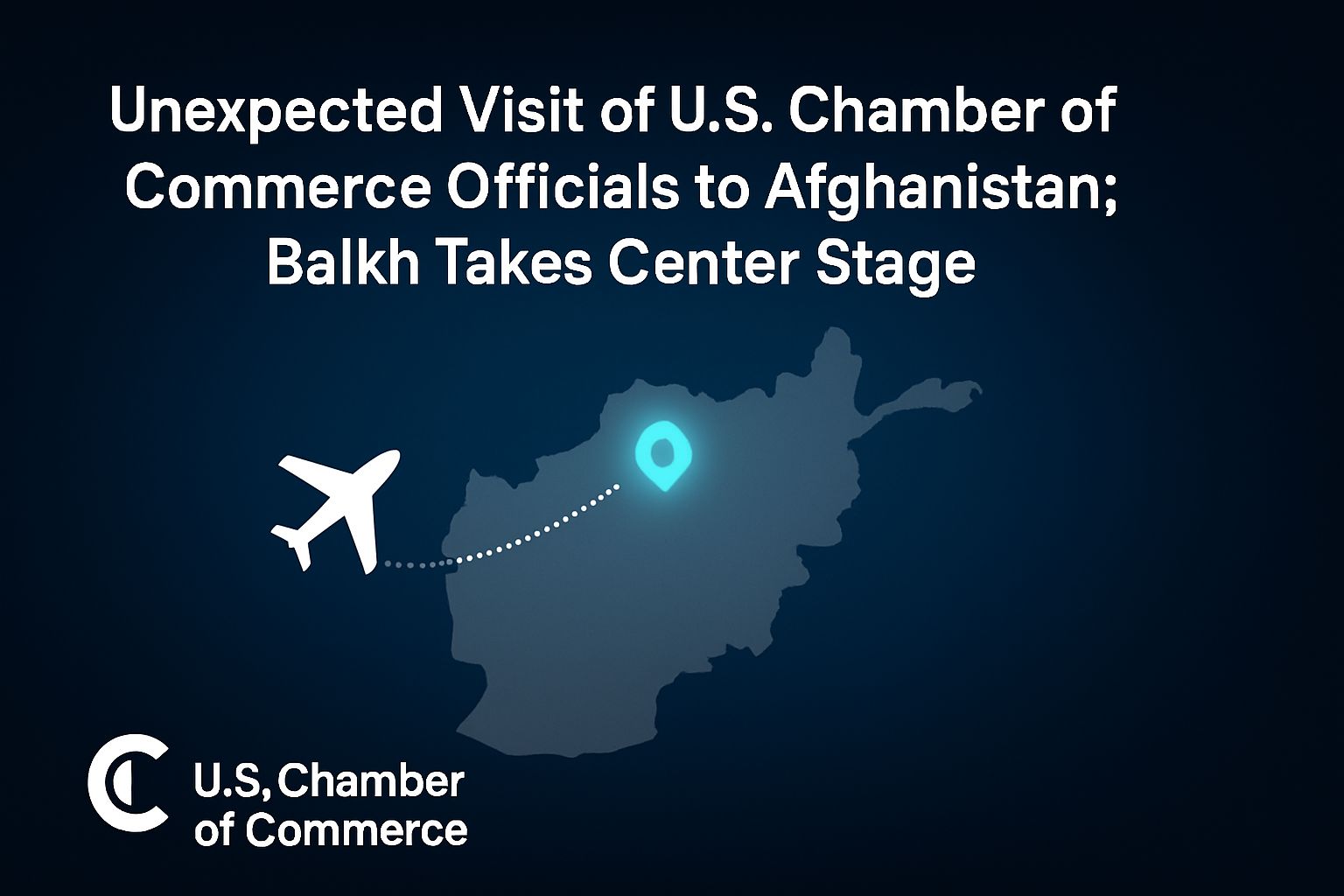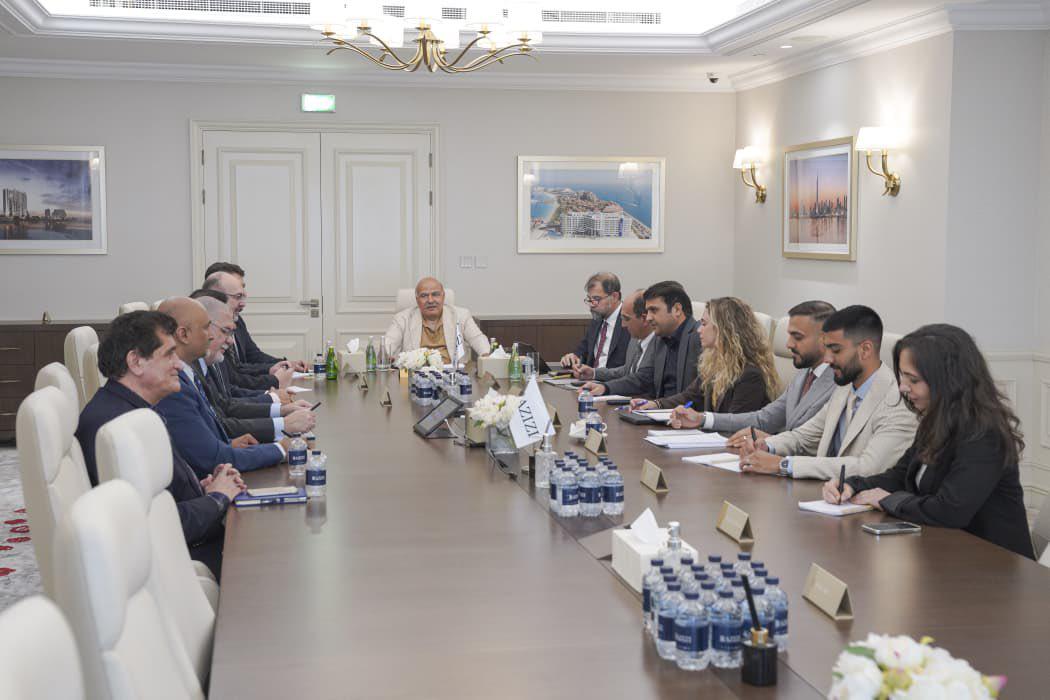
Arg News – Tehran: Iran’s Foreign Minister Abbas Araghchi revealed in a recent interview that he and his team were targeted during the conflict with Israel. He stated that “a bomb was planted in the house across from ours, but it was discovered before detonation,” and that “drones flew over us several times.”
These remarks were made in a documentary program titled “The Story of the War.” Araghchi explained that due to the ongoing conflict, he had to travel by land to the Turkish border to negotiate with foreign countries, using a commercial Iranian aircraft for international flights.
Ceasefire and Mediator Countries
Araghchi disclosed that on the 8th or 9th day of the war, Iran’s Supreme National Security Council approved a ceasefire without preconditions. Around 1:00 a.m., Iran received a message—through unnamed mediators—that Israel was ready to halt its attacks. According to Araghchi, all decisions of the council require approval from Iran’s Supreme Leader.
He also mentioned that he sent a warning to Steve Witkoff, the U.S. special envoy, stating: “This is not Lebanon where you break ceasefires for any excuse.” Following this, former U.S. President Donald Trump reportedly posted on Truth Social, telling Israeli PM Netanyahu: “Call back your pilots.”
Confusion Over Ceasefire Timing
Araghchi said there was a misunderstanding regarding the official start time of the ceasefire. Military officials had mistakenly assumed the timing was based on Greenwich Mean Time (GMT) instead of Tehran time, leading to continued attacks until 7:30 a.m.
Delay in “True Promise 2” Operation
He noted that the assassination of a top commander delayed Iran’s military response. Disagreements emerged between military and political figures over whether the country was fully prepared for an all-out war in response to such a large-scale operation.
Decision-Making Process with the Supreme Leader
Araghchi described decision-making meetings with Ayatollah Khamenei as collective and deliberative: “People speak freely, opposing views are heard, and final decisions can change during the session—just like in the recent ceasefire case.”
Talks with the U.S. and Shift to Military Action
He added that after Trump expressed interest in negotiations, Iran engaged in talks under terms similar to the JCPOA. Tehran was willing to allow enhanced inspections and limit enrichment as a confidence-building measure but rejected halting enrichment entirely. Araghchi claims that once the U.S. realized Iran wouldn’t back down, they resorted to military options.
He emphasized that Iran’s foreign ministry was executing a directive from the state leadership and was not independently responsible for initiating the talks.
This interview is part of the documentary series “The Story of the War” by filmmaker Javad Mogouei. While it hasn’t been aired on Iranian state TV, the full version is available on YouTube



